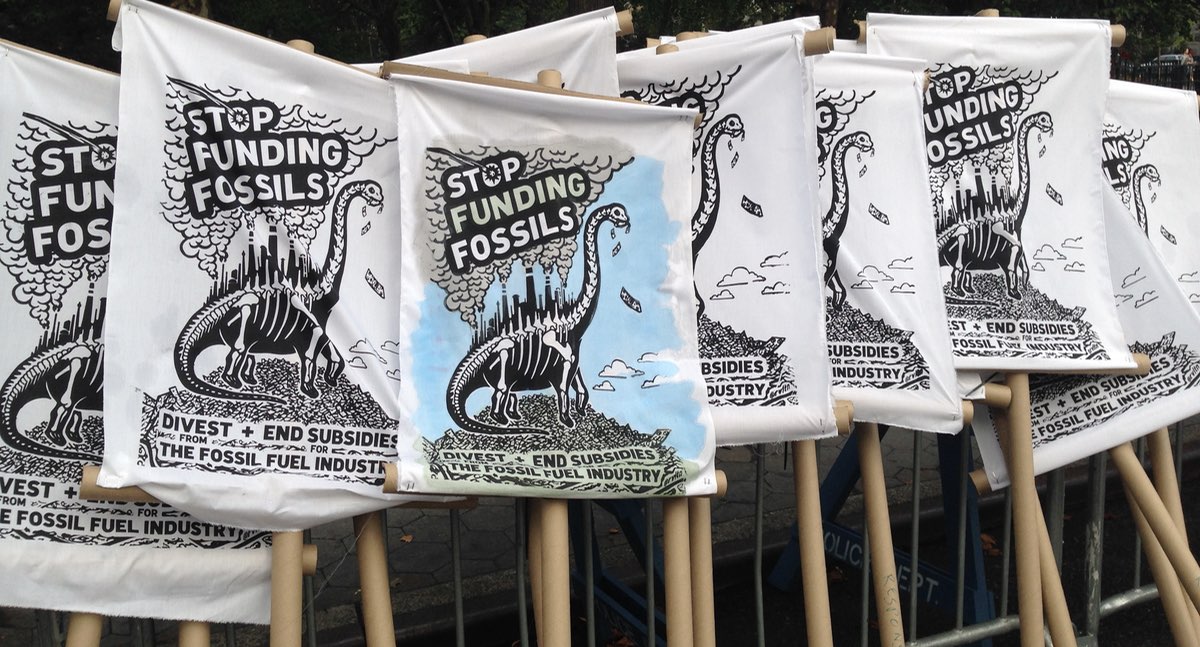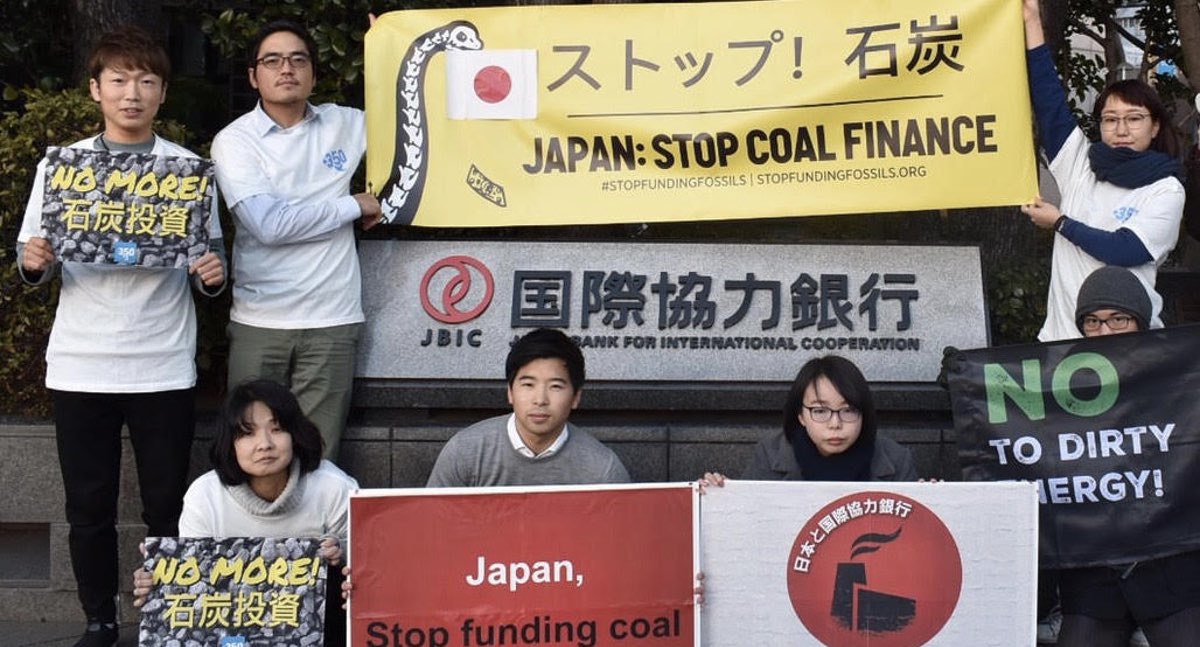STOP FUNDING FOSSILS
Our Stop Funding Fossils program uses critical analysis and strategic organizing to end the vast quantities of government support flowing to the fossil fuel industry and accelerate the clean energy transition.
Public finance and subsidies for fossil fuels play a key role in driving oil, gas, and coal production. Climate leadership means not wasting another cent of public money on the industries that are causing the problem.
OVERVIEW OF WORK
Our research shows that G20 governments spend $444 billion per year propping up oil, gas, and coal production, while the G20’s taxpayer-backed public finance institutions provide nearly 4 times more public finance to fossil fuels than to clean, renewable energy.
These massive subsidies play a key role in expanding oil and gas production and locking in existing fossil fuels: recent analysis finds that half of the new oil fields being drilled in the US would have remained undrilled if not for substantial subsidies; at the same time, public finance for fossil fuels de-risks capital-intensive megaprojects, like massive coal plants in Southeast Asia, few of which would proceed without government backing. And as oil, gas, and coal producers face increasing competition from renewable energy, instead of simply reducing fossil fuel production, they exert their political influence to get more handouts to keep extracting.
Instead of spending scarce public resources on the fossil fuel industry, our work challenges public institutions to scale up their support for distributed renewable energy solutions that can deliver energy access quickly and at least cost in many developing countries: today, support for these solutions makes up only a tiny fraction of all public finance for energy.
We know from the work of our Energy Transitions and Futures program that already-producing oilfields, gasfields, and coal mines hold enough carbon to take the world well beyond 1.5°C of warming and up to 2°C. This means that governments who’ve signed up to the Paris Agreement (that’s nearly everybody) shouldn’t spend another cent of public money on fossil fuels if they take their commitment seriously. We call on them to stop funding fossils.
LATEST PROGRAM POSTS
$100 Billion. That's what the big 5 oil companies have made in profits since January 1. $102.85 billion to be more precise, according to my own calculations (see table below).
That means that they’re on course to top $140 billion for 2011. More if oil prices keep rising. And that's in a year when unemployment has soared and unrest has spread to all corners of the world driven by economic and social inequity.
Yet as these mega profits are extracted from us in the course of our daily lives, the U.S. government continues to grant subsidies, tax relief and royalty relief
Finally a new report, released by the Organization for Economic Cooperation and Development (OCED), begins to quantify how much rich nations—and taxpayers—are supporting fossil-fuel production and consumption. The numbers are staggering. During each of the last five years, between US$ 45 billion and US$ 75 billion in budgetary support and tax expenditures have been provided to the coal, oil and gas industries by the 24 richest OECD countries assessed.
As the report, titled Inventory of Estimated Budgetary Support and Tax Expenditures For Fossil Fuels, notes, “there is ample scope for both saving money and improving the environment through fossil-fuel subsidy reform,
Numerous recent polls reveal that the American people believe that Congress is more responsive to their campaign donors than their own constituents. In addition, Americans of all affiliations clearly favor ending oil industry handouts. The question is, whose side is Fred Upton on: the American people's or Big Oil's?
Rep. Upton is Big Oil's biggest champion on the newly named Joint Committee on Deficit Reduction. All six Republicans on the Committee have consistently voted to preserve oil industry handouts.
Six months into his tenure as Chairman of the House Energy and Commerce Committee, Rep. Fred Upton has stopped
Eight of the twelve members of the newly-named Joint Committee on Deficit Reduction have voted in the last two years to allow oil companies to keep more than $4 billion annually in taxpayer subsidies in place. All six Republicans have consistently voted to preserve oil industry handouts.
Oil industry lobbyists have made maintaining these handouts a top priority. The American Petroleum Institute announced earlier this year that it would for the first time begin directly donating to candidates, adding to the more than $13.6 million the oil industry gave to Members of Congress
LATEST PROGRAM RESEARCH
U.S. single biggest violator of CETP pledge, approving the most fossil fuel projects of any signatory for a total of almost USD $2.3 billion.
"Today’s announcement from the Netherlands, United Kingdom, Canada and many of their peers is a disappointment. At a time when we need rich country leaders to concretely expand their past ambition to secure a fair deal, these ministers are just regurgitating promises and initiatives that are now more than a decade old and have been so ineffective that fossil fuel handouts and profits continue to reach record levels."
Australia has joined a major international initiative to end international public finance for fossil fuels at an event held at the UK Government Pavilion today at COP28. Australia follows Norway, who also joined the initiative on Saturday.






